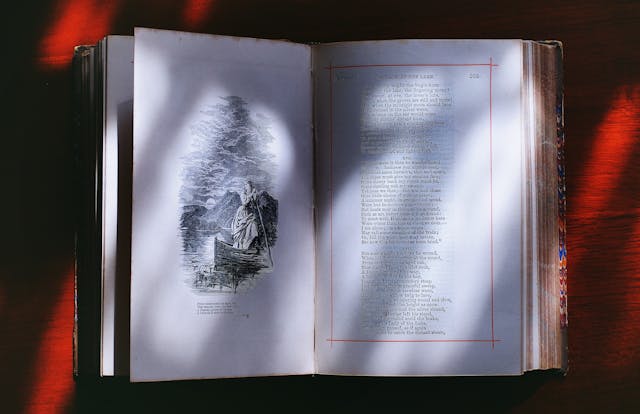
GCSE History refers to the General Certificate of Secondary Education (GCSE) qualification in the subject of History, typically taken by students in the United Kingdom at the age of 14-16, usually in the final two years of secondary school.
The GCSE History curriculum often covers a wide range of topics, including but not limited to:
- Historical Periods: This might include topics such as medieval history, early modern history, modern history, etc.
- Historical Events: Important events such as World War I, World War II, the Cold War, the French Revolution, etc., are commonly studied.
- Historical Figures: Study of significant individuals in history, such as political leaders, scientists, philosophers, activists, etc.
- Historical Themes and Concepts: This could include topics like social history, economic history, cultural history, political history, etc.
- Historical Sources and Interpretations: Understanding and analyzing primary and secondary sources, and how historians interpret and construct narratives from these sources.
- Historical Skills: Developing skills such as critical thinking, source analysis, essay writing, argumentation, etc.
GCSE History examinations typically include a combination of multiple-choice questions, short-answer questions, and essay questions. Students are expected to demonstrate their understanding of key historical events, themes, and concepts, as well as their ability to analyze and evaluate historical sources and interpretations.
Specific topics and areas of study can vary depending on the exam board and the specific course chosen by the school. Popular exam boards offering GCSE History qualifications include AQA, Edexcel, OCR, and WJEC.
